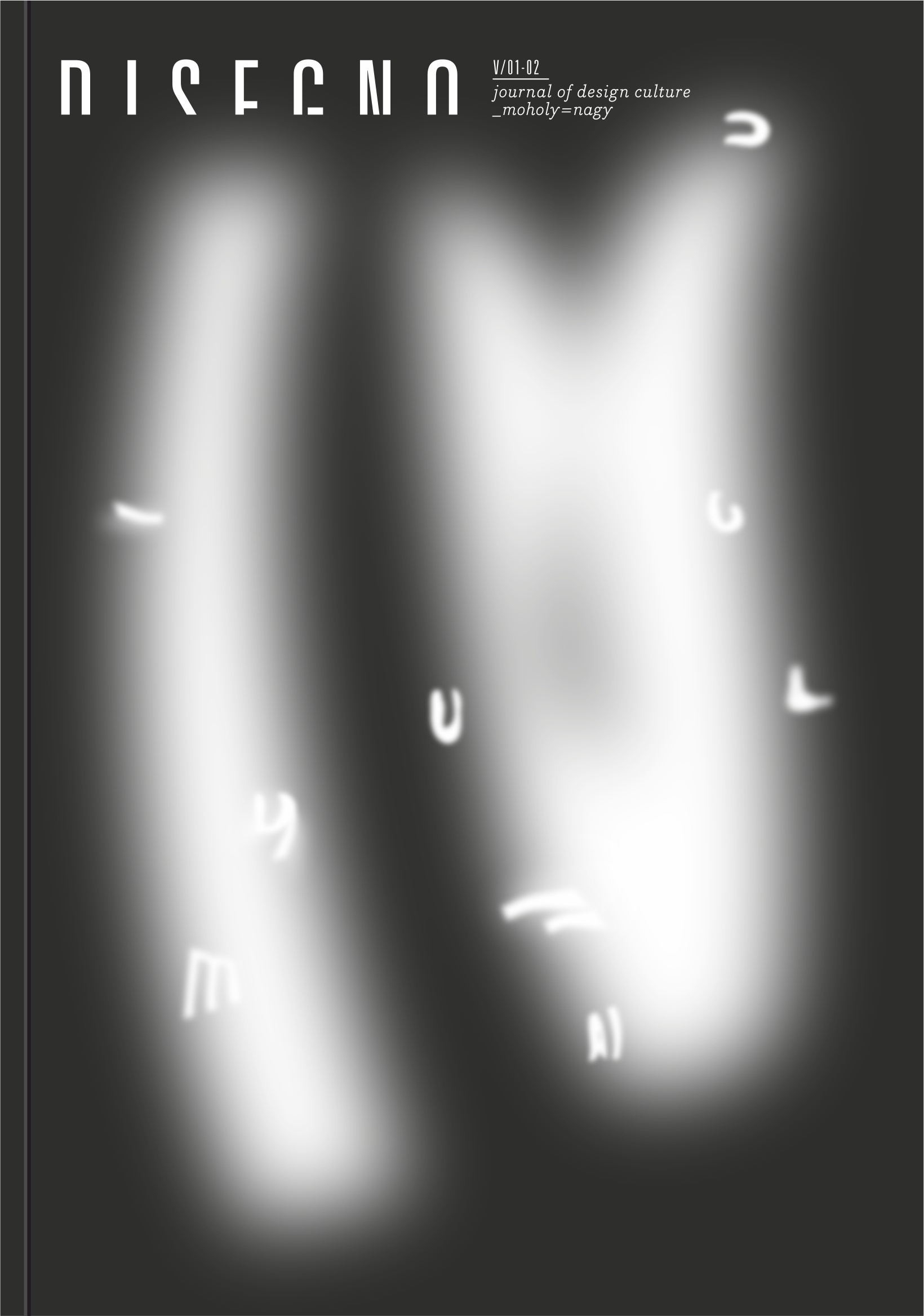Moholy-Nagy and the Practical Side of Socialism
Moholy-Nagy and the Practical Side of Socialism
Author(s): John MalharekSubject(s): Cultural history, Marxist economics, History of ideas, Local History / Microhistory, Social history
Published by: Moholy-Nagy Művészeti Egyetem
Keywords: socialism; capitalism; design; Bauhaus; Chicago
Summary/Abstract: For László Moholy-Nagy, socialism was about progress, and industrial design was a way to incorporate technological progress into the everyday lives of ordinary, working people in the interest of achieving “social coherence”, as he put it in his magnum opus, Vision in Motion. If the economic and social structures of capitalism presented obstacles to progress, they were to be opposed; however, if the competitive incentives of businessmen could be channeled in the interest of progress, the capitalistic framework presented not an obstacle but an opportunity. This pragmatic approach to political economy aligned with the applied-arts ethos of Walter Gropius’s Bauhaus, where Moholy-Nagy first established himself as an innovative teacher, but it contrasted with the starker ideological commitment of leftist artists with whom Moholy-Nagy would associate over the years, such as the Hungarian Activists and the circle around the Ma magazine and gallery. The idealistic elation of the immediate years after the Great War soon gave way to the rise of fascism and the geopolitics that would define Moholy-Nagy’s life as an émigré in Berlin, London, and Chicago. This migrant life of making do in frequently changing circumstances and foreign cultures made Moholy-Nagy more amenable to adjusting the shape of his politics according to the constraints and possibilities of wherever he was. This approach allowed him to thrive as a commercial designer in London, and as the leader of the New Bauhaus/School of Design despite the constant threats to that institution’s survival. Moholy-Nagy’s partnership and friendship with Walter Paepcke—an ardent capitalist if there ever was one—is in many ways emblematic of the ways in which Moholy-Nagy creatively found ways to keep to the ideals of social democracy within a world of industrial capitalism.
Journal: Disegno – a designkultúra folyóirata
- Issue Year: V/2021
- Issue No: 1-2
- Page Range: 144-153
- Page Count: 10
- Language: English

